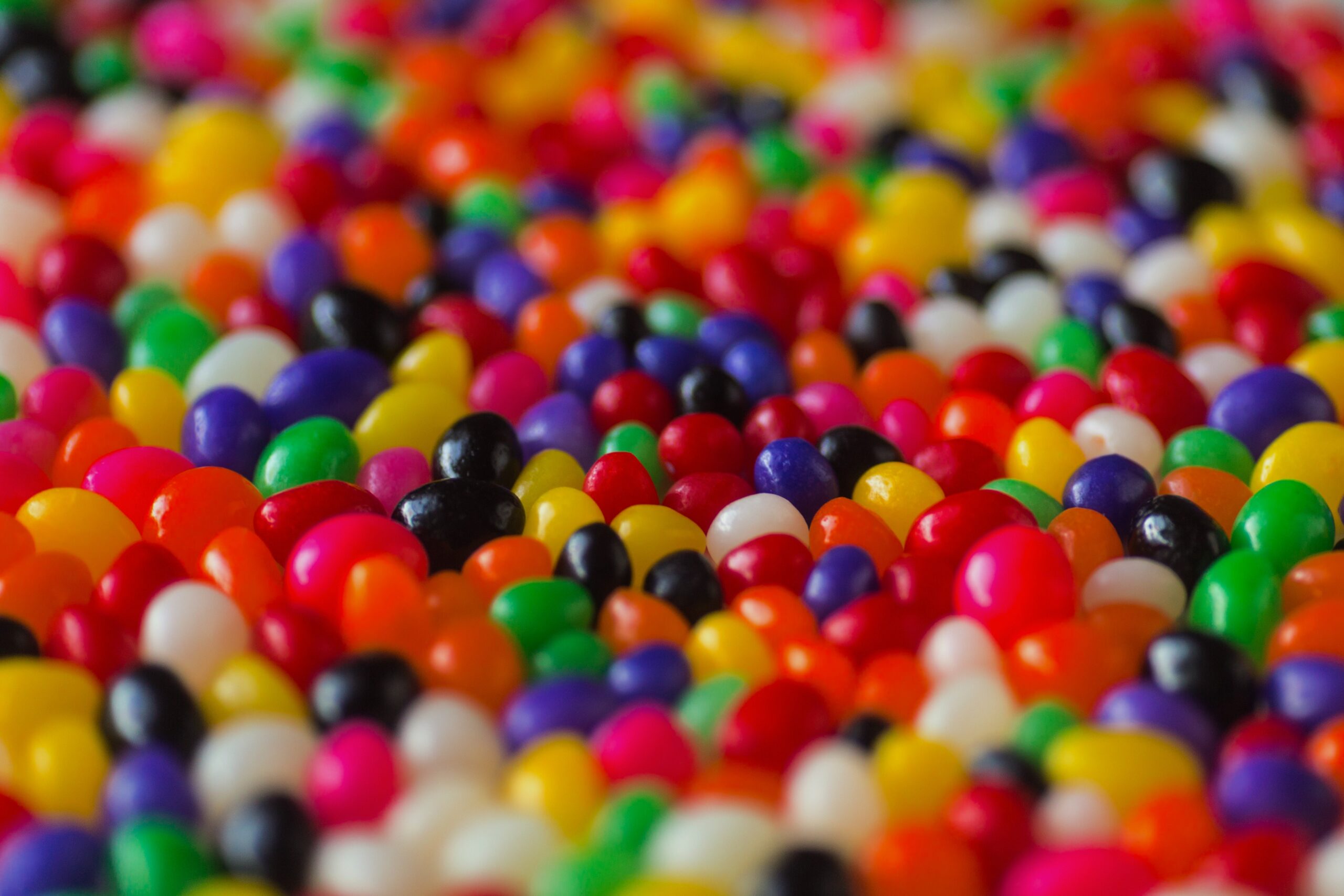Because my regular toothpaste tastes like black licorice, brushing my teeth every night brings back childhood memories of me sitting with my grandfather in his den, he in the La-Z-Boy, I on the couch with a handful of black licorice jellybeans. The reason I can have this recall of memory, that is, the reason my toothpaste tastes like black licorice, is because my toothpaste contains the plant fennel, a species of carrot that tastes like a plant called anise, a main ingredient of black licorice. I began eating black licorice jellybeans when I was four, and I didn’t like the taste at the time, but those moments eating those jellybeans while sitting next to my grandfather as he watched the Kentucky Wildcats play basketball on TV got me used to the bitter flavor. I’ve never enjoyed seeing the spring of that orange ball across the court, I’ve always thought basketball was a childish game, but I wanted to be there with my grandfather because I loved him, yet all these many years later, now that I’m thirty-six, I don’t know if he’s ever loved me. He’s certainly never said he has.
My grandfather didn’t like it when I’d eat his jellybeans. He would have prohibited me from eating any at all were it not for two things: one, my grandmother’s chiding him to let the boy have some candy, and two, his demand that I only eat the black ones. Being so young, and in spite of the bitter flavor, it didn’t occur to me then that he gave me the black licorice jellybeans because he didn’t like them, nor did it occur to me that he didn’t feel any obligation to say he loved me, so my grandmother revealed later, because I wasn’t related to him biologically. At four, I didn’t understand the nature of stepparents or step-grandparents. To me, family was all the same. Once, he caught me rifling through his jellybean jar while he was returning from a bathroom break. “I see you’re trying to get some of the others,” he said. “Only black. Candybutt.” And for years, he called me Candybutt more often than he addressed me by name. He may have loved me, but he’s never liked me. When I was little, I was the non-biological spawn around his house that he had to put up with. When I was six, my grandmother told me plainly, “Don’t let him get to you.”
Another ingredient of black licorice is glycyrrhizic acid, the chemical that gives the candy its signature flavor, but which is toxic to the human body. In 2020, when people across the world were dying of Covid, a 54-year-old Massachusetts man overdosed on black licorice. He ate a bag and a half every day. His blood pressure increased, his potassium levels dropped, his electrolytes were depleted, and one day he collapsed over a table inside a well-known fast-food franchise. Doctors and dieticians have long warned that too much of anything can be bad for you. Eating too many carrots can turn your skin orange. Too much tuna gives you mercury poisoning. Star fruit can cause kidney failure. Water will drown you. The NIH estimates that three percent of the world population dies from excessive water intake every year. You wonder if some of those people aren’t drinking too much water on purpose. You wonder if some of those people aren’t punishing themselves.
I quite like the taste of licorice now and could think of worse ways to go than with a Red Vine or Twizzler. I’ve had to teach myself, however, to avoid such candies, because both of my parents had severe diabetes, so it runs in the family. My parents didn’t die of debates but from cancer, still surely poor health contributed to my father’s renal carcinoma, my mother’s non-Hodgkin’s lymphoma. It’s the little things I think about now that they’re gone, like how my parents didn’t like being around my maternal step-grandfather because they both thought he was a cold man. At thirty-six, I’m only recently coming to terms with this truth. Living in Korea for most of nine years, I’ve tried to convince my younger brother to convince my grandparents to set up Skype, but my grandfather said it was no doing because he didn’t want to mess with it. Then when Covid hit and everyone was homebound, my grandfather’s biological granddaughters, triplets, said why not set up Skype so they could all talk on video, and my grandfather said, “Sure. I’d love to see you girls.” Both of my grandparents have cancer now, my grandmother cervical cancer, my grandfather prostate cancer. Doctors let them be, say go ahead and live at home. In the end, it will make no difference. When I brush my teeth at night and rinse, I think of them, I think of him, this bitter taste.
